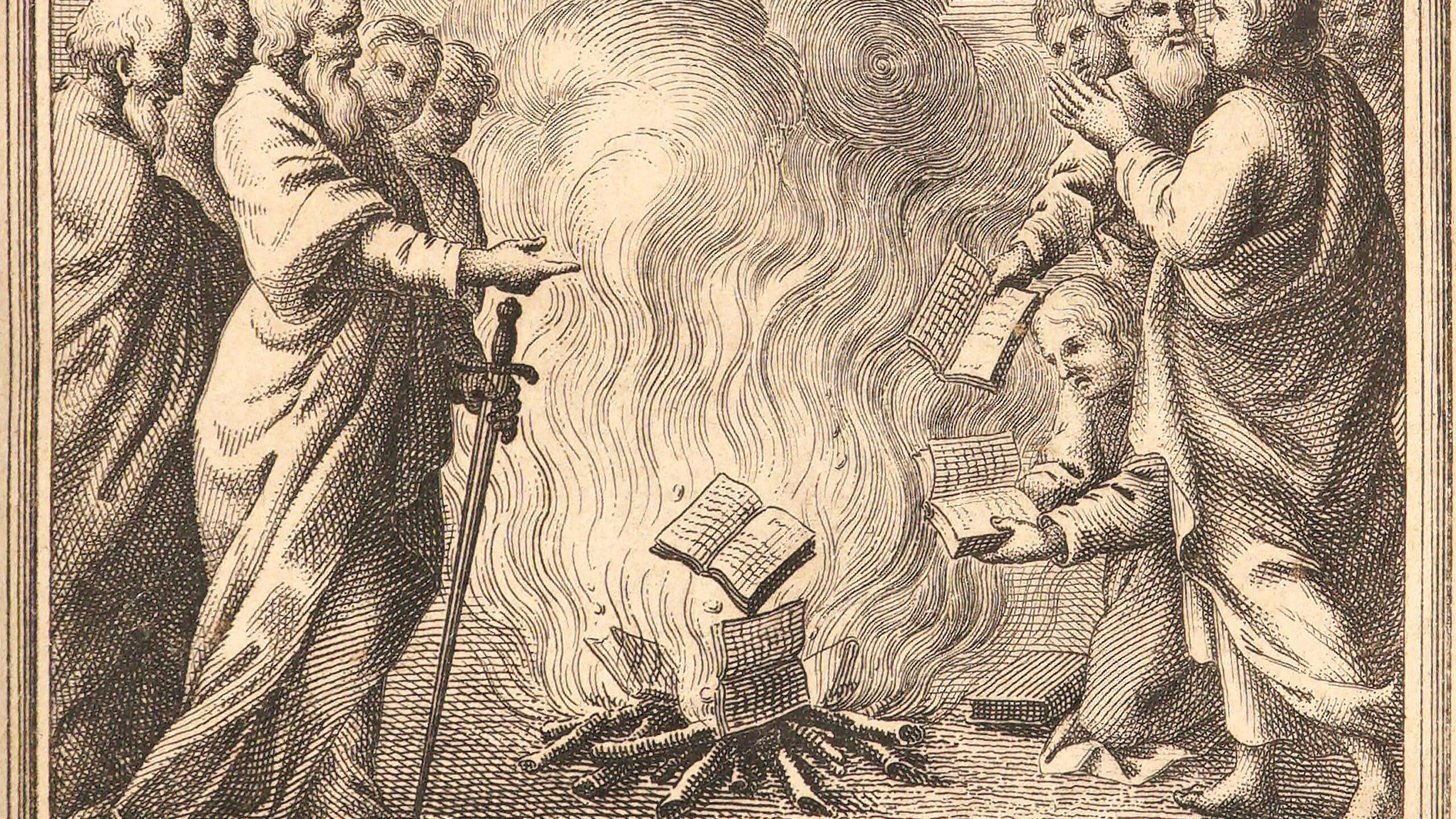The media revolution at the turn of the millennium from the Middle Ages to the modern era, as well as the exploding book and print production since the Reformation, confronted the gradually establishing forums of censorship with a new formidable task. At first, the priority was to protect the "right" faith from "heretical" writings, false images and ridicule. The true faith was often no longer shaped by the decisions of conscience and life of individuals and families, but was visibly dictated by sovereigns and church authorities.
Efforts were made in church and state to centralise local censorship. The Roman Curia succeeded in this with the first edition of the "Index Librorum Prohibitorum" initiated by Pope Paul IV and published in 1559, and the Empire with the Frankfurt Book Commission established in 1579, which was based on Imperial Diet resolutions. The event on the "Forbidden Books" spans the period from the late Middle Ages to the 21st century, with the focus on ecclesiastical action. However, academic freedom will also be addressed, and exclusive insights into the new handbook on worldwide censorship edited by Germanist Nikola Roßbach will also be provided.
